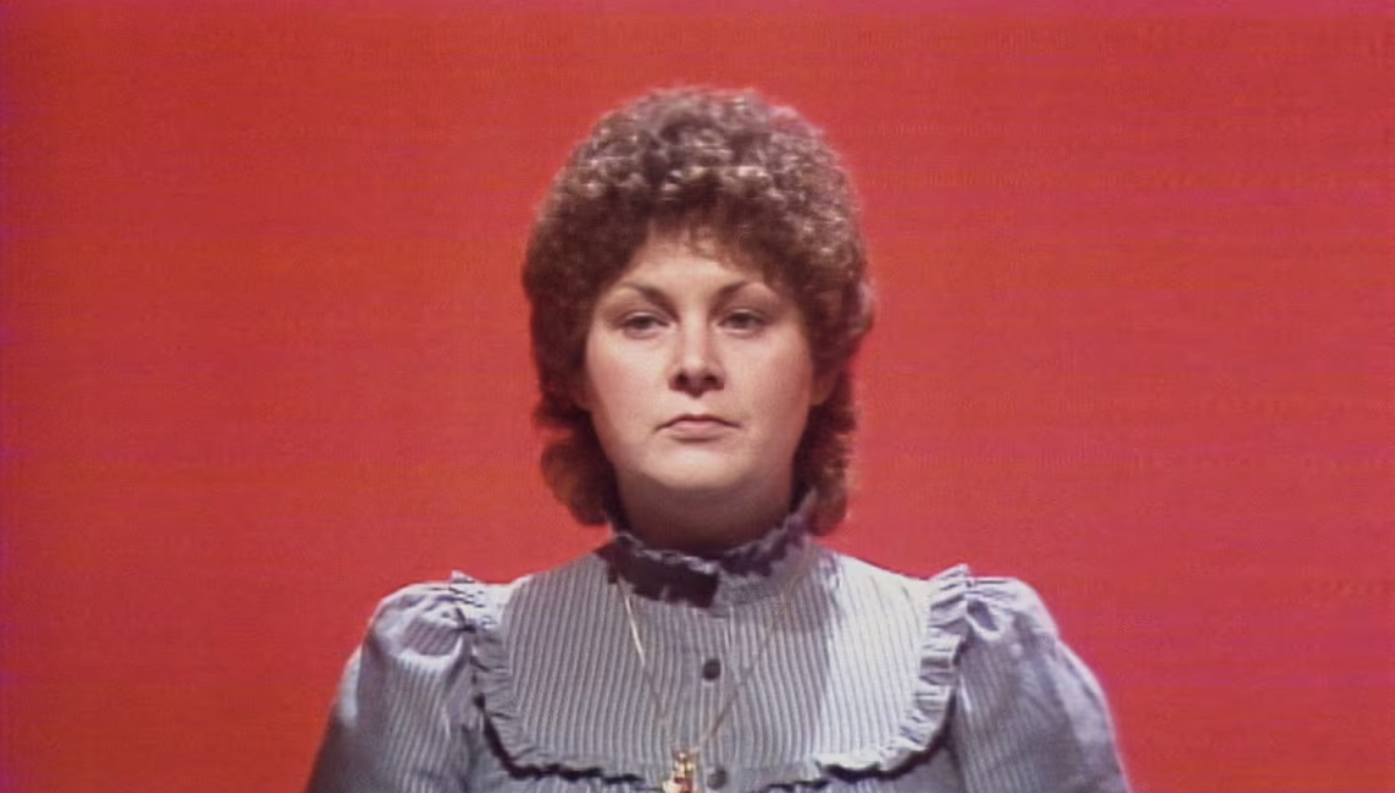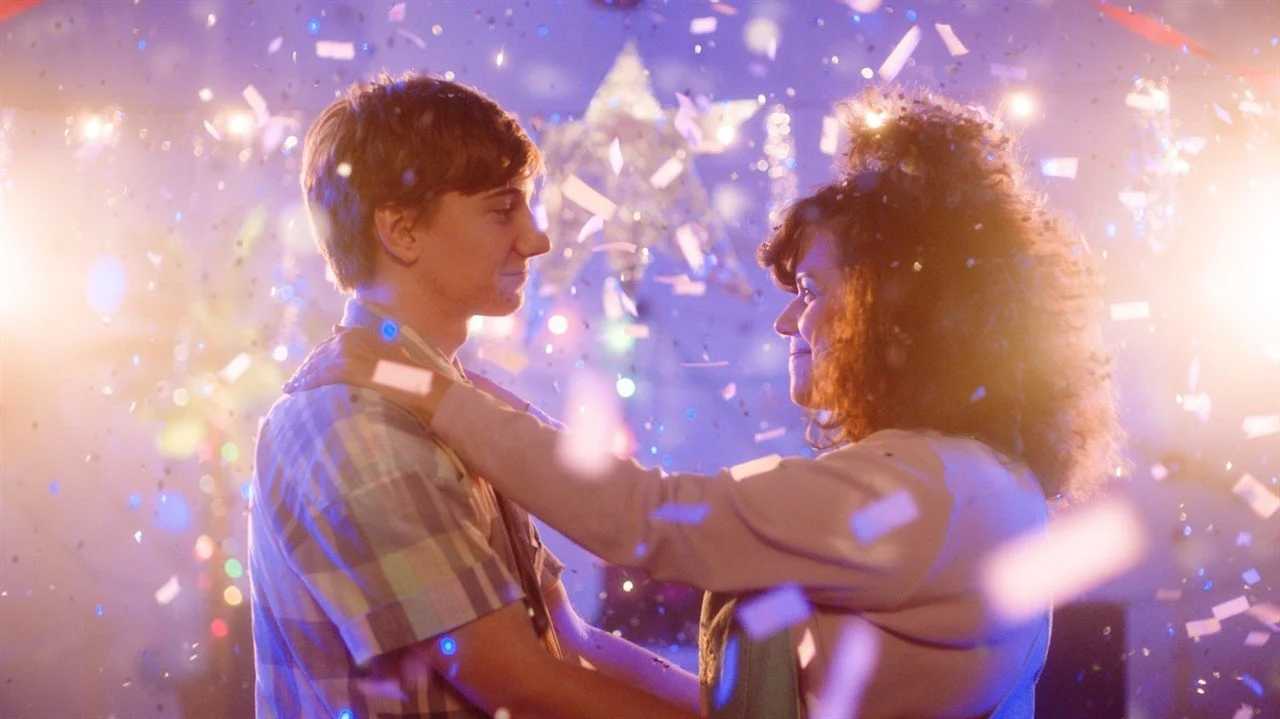DOXA documentary reviews: From an engrossing look back at BC-born Satanic Panic to teens in Ukraine
Notes from Sean Horlor and Steve J. Adams’s Satan Wants You, plus We Will Not Fade Away, You Were My First Boyfriend, and Kite Zo A
Satan Wants You
Kite Zo A
Satan Wants You
May 6 at 7:30 pm at Vancity Theatre and May 12 at 8:30 pm at The Cinematheque
Vancouver-based filmmakers Sean Horlor and Steve J. Adams do a devilishly fine job with this compelling stranger-than-fiction look at the Satanic panic that overtook North America in the 1980s. Who would have thought that it would all start in quaint Victoria, BC.? Or that the media frenzy would speak so directly to viral posttruth social-media conspiracies today? The filmmakers dig deeply into the story of Vancouver Island’s Michelle Smith and her psychiatrist-turned-hubby, Lawrence Pazder, who cowrote 1980’s Michelle Remembers—a bestseller about how his quasi-hypnosis sessions uncovered her “childhood memories” of being raised amid baby-sacrifices, flesh-eating, and other satanic rites in suburban Victoria. Horlor and Adams add cheeky horror-movie style, care of an Exorcist-worthy synth soundtrack and shadowy settings for interviews. And they play the fascinating audio from Smith and Pazder’s therapy sessions over scenes of eerily rolling analogue tape machines. Throw in increasingly salacious clips from Oprah and Geraldo and you can watch the devil-worshipping scare catch fire in real time; soon Pazder and Smith’s side show is hitting police conferences, and childcare workers are being arrested for baby sacrifices and satanic rites. That would all be enough for a fascinating film, but Horlor and Adams push ever deeper into the stories of the psychologist and his muse, interviewing family and friends. There’s the baffled sister of Smith who recalls a very different upbringing with a single mother, or the daughter and ex-wife of Pazder who were left in the dust. What emerges is a portrait of a deeply troubled woman and a fame-hungry doctor—and most of all, a bracing warning about the power of suggestion and the dangers of mass deception. JS
We Will Not Fade Away (Ukraine, France, Poland)
May 7 at 3 pm at The Cinematheque; May 13 at 12 pm at VIFF Centre’s Vancity Theatre
In the first few scenes of director Alisa Kovalenko’s We Will Not Fade Away, teens in Ukraine hang out listening to gunshots and bombings, sometimes as they’re running through snow in the dead of night, other times while whiling away a sunny afternoon on the grass. This was prior to Russia launching its current invasion, the film starting in 2019 in the Donbas region, which has been subjected to shelling ever since 2014. There’s no denying much of this release is bleak. Whether through conversation or graffiti, the film’s five main youth—Andriy, Ruslan, Ilya, Liza, and Lera—describe their town as the “asshole” of the world; there’s nothing to do, nowhere to go, and no calm. One of them dreams of being an actor then considers the fact that half of his friends are entering the police force. Another sits bored working at an indoor watermelon stand, no customers in sight. Respite comes when the kids have the opportunity to go on a hiking expedition to the Himalayas with a mountain climber named Valentyn. Their time together far away from the chaos leads to bonding, a sense of accomplishment, and a moment of peace. If this group of humans can get excited about the breathtaking beauty of a sunrise, it's proof that hope lives in people’s hearts. But then, that was before the war broke out in 2022. GJ
You Were My First Boyfriend
You Were My First Boyfriend
May 7 at 2:15 pm at Vancity Theatre and May 13 at 8:30 pm at The Cinematheque
If you find yourself thinking of a certain teen horror film during the opening of You Were My First Boyfriend, you’ll be rewarded with a brief but explicit visual reference to Carrie about 45 minutes later. Writer-director Cecilia Aldarondo’s adolescent years weren’t quite so blood-drenched, but this essay on her own pubescent angst channels the melodramatic mood we all encountered in our teen years. What’s most interesting about You Were My First Boyfriend—in which the adult Aldarondo recreates episodes from her childhood, with amusing and often touching results—is the universality of the feelings it excavates. I’ve never been an overweight Catholic Puerto Rican girl in middle-class white Florida, but I fully grok what Aldarondo means when she recalls the ambivalent satisfaction of hanging with the cool kids, in this case during her one secret visit to Spring Break, while feeling like a dissociated bit-player in their movie. While often very insightful, the film sometimes edges towards indulgence and self-pity, but then, again, we’re all guilty of that, and it’s cleverly built to finally acknowledge Aldarondo’s own moments of moral cowardice or outright cruelty, and the price of self-obsession. Less heavily, this film is especially for those of you who grew up in the ‘90s wanting to be either Tori Amos or Jordan Catalano’s girlfriend. AM
Kite Zo A (Leave the Bones)
May 13 at 7:30 pm at SFU Woodward’s and May 14 at 7:30 pm at Cinematheque
Haiti generated the first slave uprising and the first Black republic in 1804. This was followed by decades of occupation, foreign interference, and the cruelties of the Duvalier regime. It continues to be battered by disasters of both nature and predatory neoliberal economics, and as DOXA 2023 begins, Haiti is once again in our newsfeeds with horrific tales of gang violence and vigilante revenge in Port-au-Prince. To that end, now is the time to catch Kite Zo A, an incantatory appreciation of Vodou culture completely at odds with the developed world’s apprehension of the third largest country in the Caribbean. It’s a sensuous film made of impressions over hard information, featuring poets, dancers, singers, priests, and even a posse of rollerblading daredevils, but its message of spiritual resistance—of a kind that’s perhaps incomprehensible to us coldly technocratic northerners—is unambiguous. Kaveh Nabatian’s camera glides like an airborne spirit from cities to outlandish rural rock formations, offering a riot of colour, sound, and good vibes. Given that we mostly see Haiti through Western news media and dreadful films like 2020’s Citizen Penn, it’s a thoroughly cleansing experience. AM

















